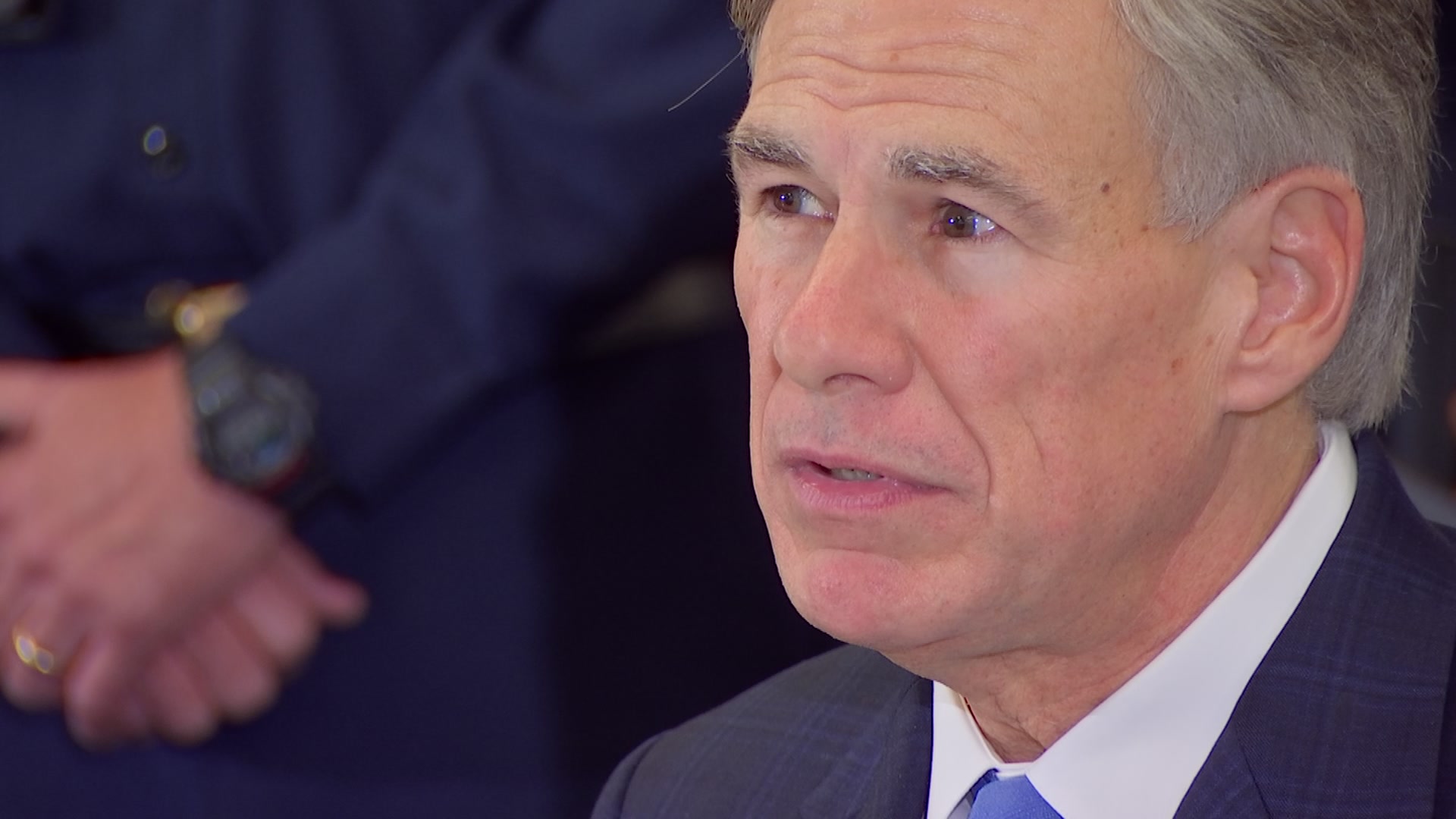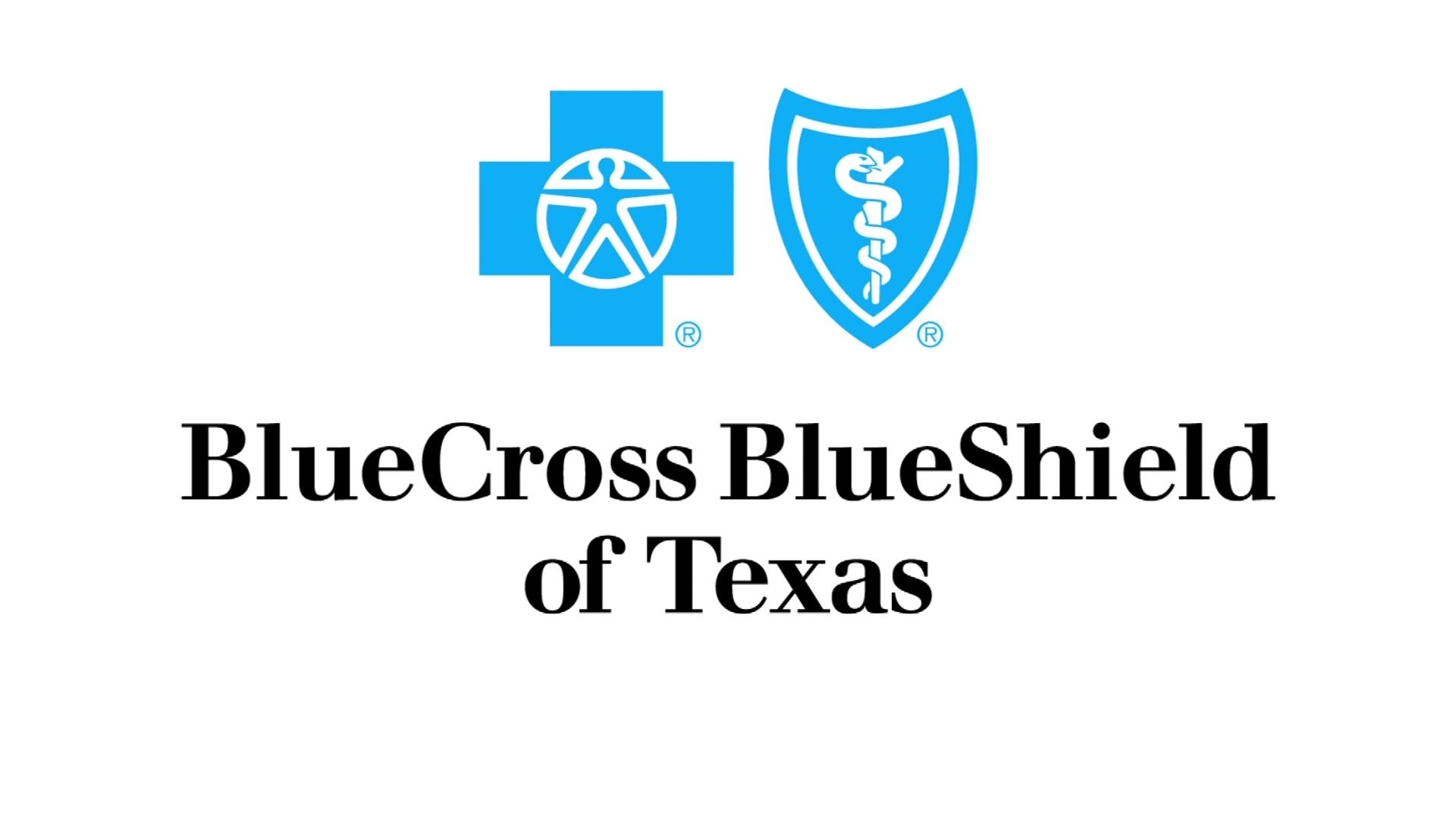Texas Gov. Greg Abbott addressed the state’s preparedness for testing of the new coronavirus Thursday, confirming a patient near Houston while adding there are 10 labs across the state which will be able to test for the infection.
Texas Gov. Greg Abbott addressed the state's preparedness for testing of the new coronavirus Thursday, confirming a patient near Houston while adding there are 10 labs across the state which will be able to test for the infection.
At a 2 p.m. news conference with Abbott and John Hellerstedt, commissioner of the Texas Department of State Health Services, the governor said the state was now prepared to begin testing people for COVID-19.
"State testing is conducted by public health labs throughout the state that are a part of what is called the laboratory response network. There are 10 public health labs … within the network in Lubbock, Fort Worth, Dallas, Tyler, El Paso, Austin, Houston, San Antonio, Corpus Christi and Harlingen," Abbott said.
The health departments in Dallas and Tarrant counties announced this week the Centers for Disease Control and Prevention sent them hundreds of test kits for local patients. The local availability of test kits will cut the time it takes to confirm infection from a week to a day or two.
In addition to Dallas and Fort Worth, the labs online as of Thursday are in Austin, Houston, El Paso and Lubbock. The rest will be online by the end of the month.
The state lab can perform about 26 patients per day; 15 per day in Houston and El Paso; 10 patients per day in Dallas and Lubbock. When the other labs are online, the state's Laborary Response Network will be able to process more than 125 COVID-19 tests per day.
The test is a nasal and oral swab that is taken and then shipped by the local health department to the closest lab for processing and testing.
Texas News
News from around the state of Texas.
Abbott also confirmed the state's first case of COVID-19 in Texas, not including those who were repatriated in San Antonio. The case, Abbott said, involved a patient in his 70s in Fort Bend County who was overseas and who did not contract the virus in Texas. The governor said the infection was confirmed by the lab in Houston in 24 hours.
Back-tracing to learn who the person came into contact with after returning home to Texas is underway in Fort Bend County.
Houston officials confirmed two additional cases of coronavirus Thursday afternoon. The two cases are connected the case in Fort Bend and all three people had traveled together to Egypt.
There are currently no confirmed cases of coronavirus in North Texas.
Commissioner of the Texas Department of State Health Services, Dr. John Hellerstedt, defined a novel virus as one that hasn't circulated in human populations before. Because it hasn't circulated, there are no populations with preexisting immunity to the virus giving it the potential to spread rapidly.
"We have very powerful, very effective tools to combat that [the spread]. It's exactly the kind of, again, personal hygiene, cleaning and sanitation that we've talked about. This is what your doctor and grandma have been telling you your entire life and it works," Hellerstedt said. "So, even though this is a novel virus, it's a virus like other viruses and the kind of things we're asking people to do works against every single germ that there is, including the novel coronavirus."
Hellerstedt said if someone is concerned they have coronavirus, they should talk to their doctor.
"We do not have community spread of coronavirus in Texas. So exposure comes from travel or by contact with someone who had a known, proven case," Hellerstedt said.
How to Avoid COVID-19 Infection:
The best way to prevent infection is to take precautions to avoid exposure to this virus, which are similar to the precautions you take to avoid the flu. CDC always recommends these everyday actions to help prevent the spread of respiratory viruses, including:
- Wash your hands often with soap and water for at least 20 seconds. If soap and water are not available, use an alcohol-based hand sanitizer.
- Avoid touching your eyes, nose, and mouth with unwashed hands.
- Avoid close contact with people who are sick.
- Stay home when you are sick.
- Cover your cough or sneeze with a tissue, then throw the tissue in the trash.
- Clean and disinfect frequently touched objects and surfaces.
*Information shared from the Office of Texas Gov. Greg Abbott



